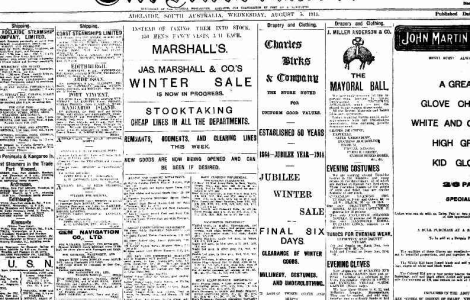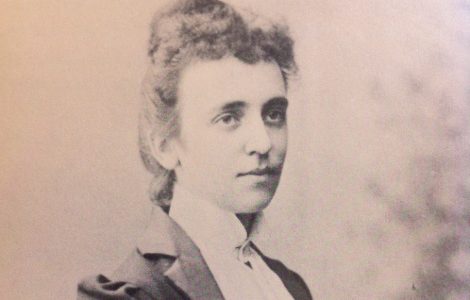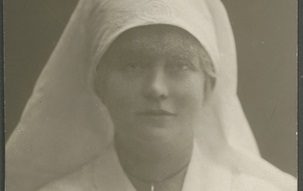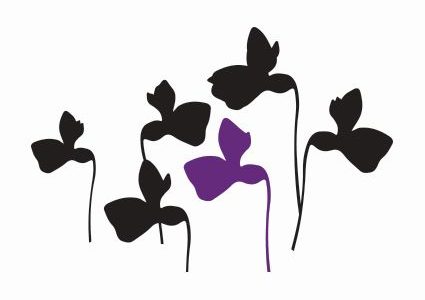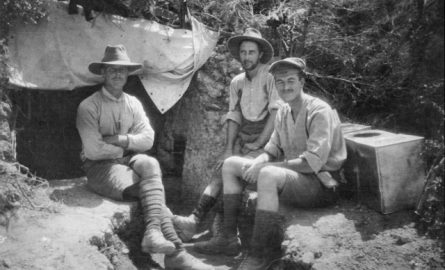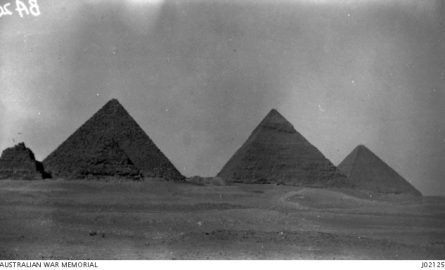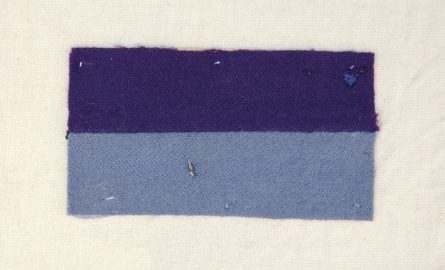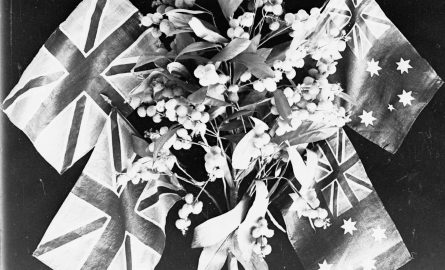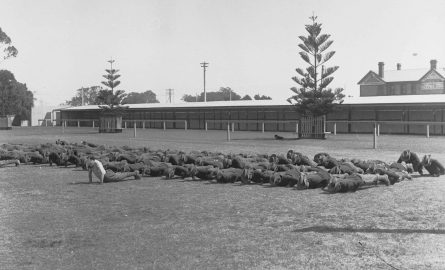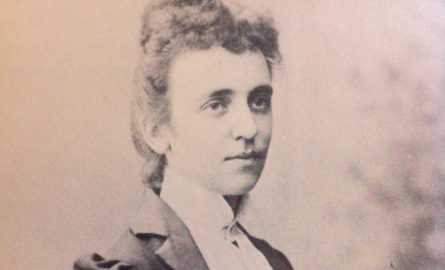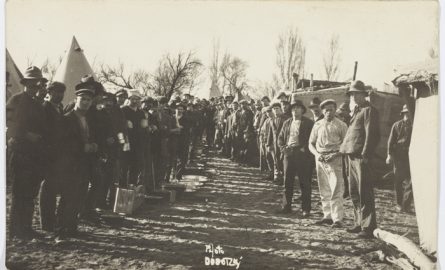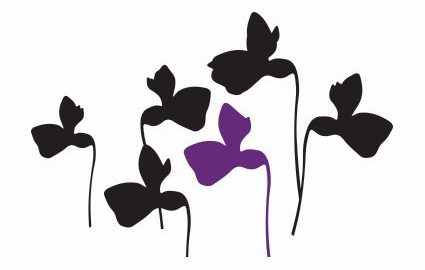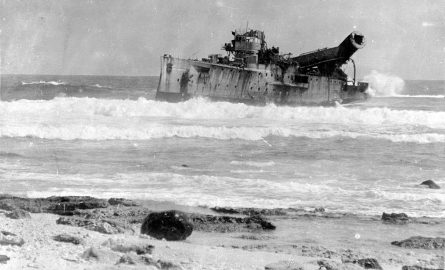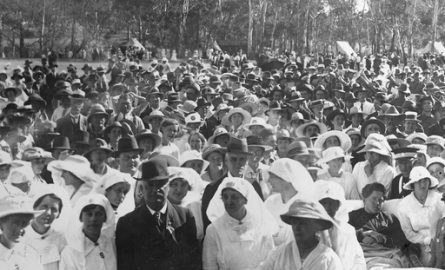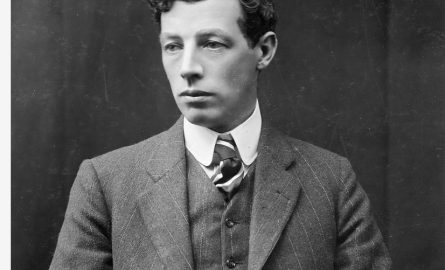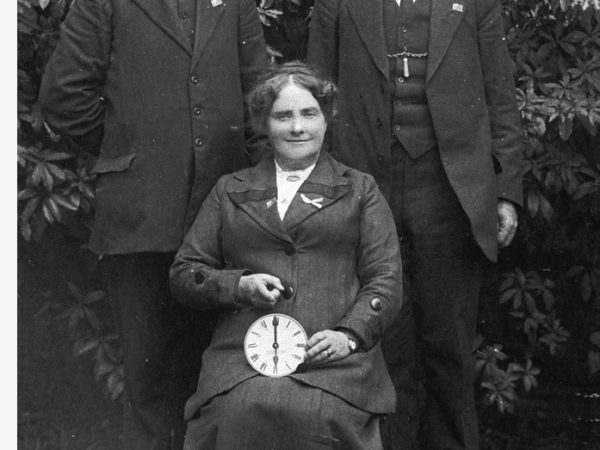
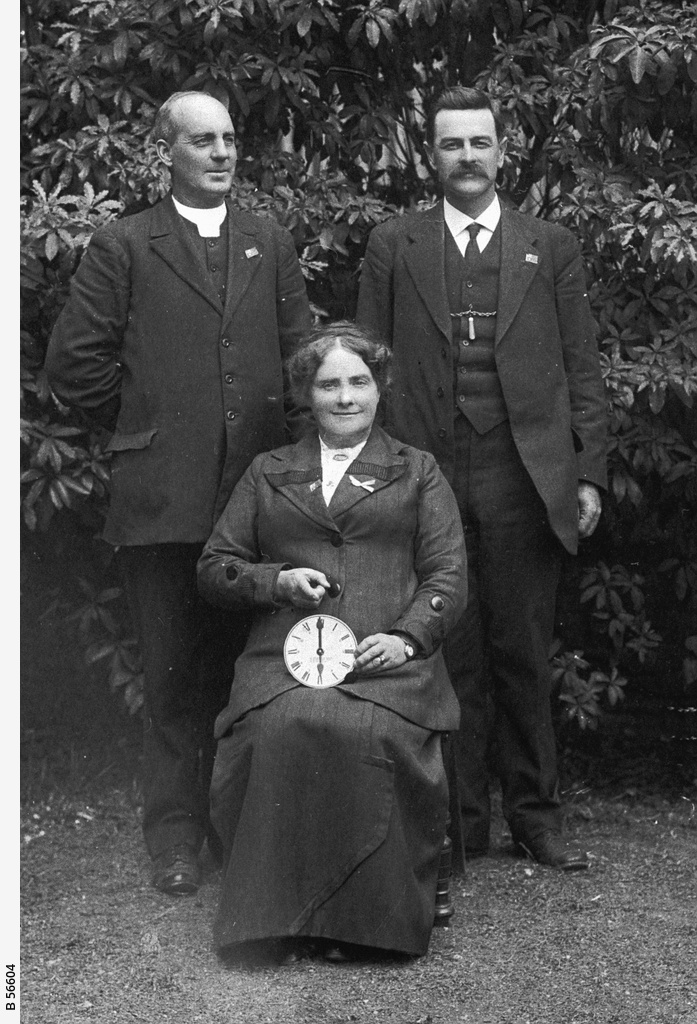
Member of the Women's Christian Temperance Union. Image courtesy of the State Library of South Australia B-56604
Glossary Terms
Topics
Capture of the German colony of New Guinea, HMAS Sydney defeats the German cruiser Emden, South Australian election - March 1915
People
Terrell, Frederick Leopold, Cooper, Ethel, Avery, Louis Willyama, Seager, Alexandrine, Governor Galway, King Edward VII, Kingston, Charles Cameron, Angas, George Fyfe, Vaughan, Crawford, Birtles, Francis
Places
Organisations
Women's Christian Temperance Union, Advertiser, Red Cross, 10th Battalion
March, 1915
Many of our correspondents had a quiet month in March. We know that Louis Avery was still with his unit in Egypt, but he doesn’t record any events in March.
Similarly, the official 10th Battalion diary (held at the Australian War Memorial in Canberra and available online http://www.awm.gov.au/collection/AWM4/23/10/) does not record the Battalion’s activities. However we know that they finished their training in Egypt and then travelled to the Greek island of Lemnos, where they remained on board the Ionian for around 7 weeks, in uncomfortable circumstances, going ashore when conditions permitted for training.
In contrast though, Leo Terrell’s diary is rich with information about life in camp in Adelaide. He reports the effects of another round of inoculations which left him rather flat, but of more consequence, he refers to several violent incidents in camp which resulted in people being stabbed or bayonetted. Indeed he expresses a fear that he might be the victim of violent retribution. With leave from camp stopped, the recruits were restless and he describes a ‘riot’ that happened as a result. But he was soon to leave these matters behind, his wish to join the Naval Engineers being granted. He learned this news on a Thursday and left for Melbourne by train on Saturday, which didn’t leave him long to bid farewell to his family and his ‘dear girl’ Clara. His final diary entry for the month mentions his letter to his Aunt Jane Lewis ‘re me getting engaged to Clara’.
From Germany, Ethel Cooper’s letters explain that even the Australians have now been detained. She doesn’t know the reason why, but perhaps it is because German authorities had discovered that many German nationals in Australia had succumbed to the same treatment, locked in camps such as Torrens Island here in South Australia. She also notes that food shortages have caused her to plant mostly vegetables in her garden, with only a small space reserved for flowers.
On 8 March, The Advertiser published the first list of Australian casualties whose next of kin would be covered under the War Pension Act. 54 names were on the list – Naval personnel who lost their lives in September in action in New Guinea and November in the battle between the Sydney and the Emden. No South Australians were on the list, but no doubt its publication was a sobering moment for all those with loved ones already enlisted. Alexandrine Seager’s poem ‘Our Boys in Blue’ was a tribute to those who survived.
By March the war had been raging in Europe for seven months. The newspapers were bursting with news from the various fronts and battlefields. Recruitment continued: across the nation another 8913 enlisted. Communities around the state maintained their enthusiasm for fundraising and charity; there were constant reminders of the dire situation of the Belgians.
Despite all of this though, life went on. In Adelaide a brand new fleet of six motorbuses was launched and a new three-tiered pavilion on the Henley Jetty was constructed, complete with electric lighting! There were three new statues on the way (a sign of the times, they were all white men! – King Edward VII, Charles Cameron Kingston and George Fyfe Angas). Legendary overland motorist, Francis Birtles also arrived in Adelaide on his attempt to recreate Burke and Wills’ ill-fated expedition. His only travelling companion was a bulldog named Wowser.
There was also a state election held, resulting in a change of government – Premier Archibald Peake was replaced by new Labor Premier, Crawford Vaughan. On the same day as the election, South Australians were asked to cast their vote on closing time for bars. After an impassioned debate, early closing was the outcome and South Australian hotels were compelled to close at six o’clock.


